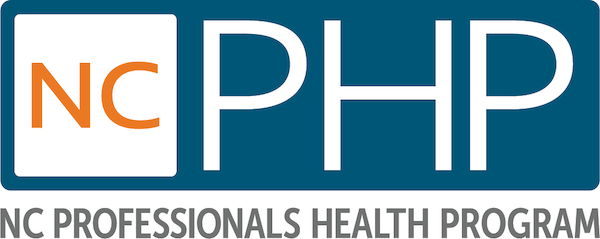Grief is a natural human response to loss. Grief is also a natural human response to change, as any change in life can bring loss in some form, whether big or small. Most of us have recognized this fact when making a significant life change – for example, leaving home to go to college and saying goodbye to childhood friends.
For most of life’s events, we navigate the grief process relatively well and mostly unscathed. But sometimes life can bring about devastating loss. And with devastating loss comes devastating grief. Grief of this sort can be debilitating. It can be suffocating. It can paralyze us for weeks or months or years with depression. It can make us lose the will to live.
In today’s modern American culture, grief goes largely unnoticed. When it is acknowledged, it is often misunderstood or minimized. The world does not stop to allow us to grieve. Grief is already an isolating experience. But this huge cultural blind spot leads the bereaved to feel even more alienated, prompting them to stuff and deny their feelings or go further underground with their pain.
We have to somehow continue with our lives and grieve at the same time. We may try to get back to work, to “be strong” (i.e., act unaffected), and to “act normal” as quickly as possible. But for those who are deeply bereaved, they quickly discover, this is literally an impossible task. We are operating under the un-informed assumption that somehow we will be better in a few weeks, when the reality is that most significant losses can take years to move through the searing pain. We have lost our cultural framework for how to compassionately move through grief ourselves and for how to honor or be emotionally present for those who are grieving.
We have lost touch with this skill. Usually it is only those who have been through deep grief that really understand what someone is going through when they suffer a devastating loss. And they know the secret truth: it is only when we fully embrace our grief that our own healing can begin.
If you are grieving, know that you are not alone even though you may feel as if you are. Counseling really does help, both in the depths of our despair in the early stages, as well as later, when we begin to move into healing, which can feel like a betrayal of our deceased loved one. Counseling also helps us understand our process and the natural reactions we might have at various stages, such as the backlash feeling of guilt the first time we laugh or enjoy something again.
If you or someone you know needs help in dealing with grief and loss, contact us today.

